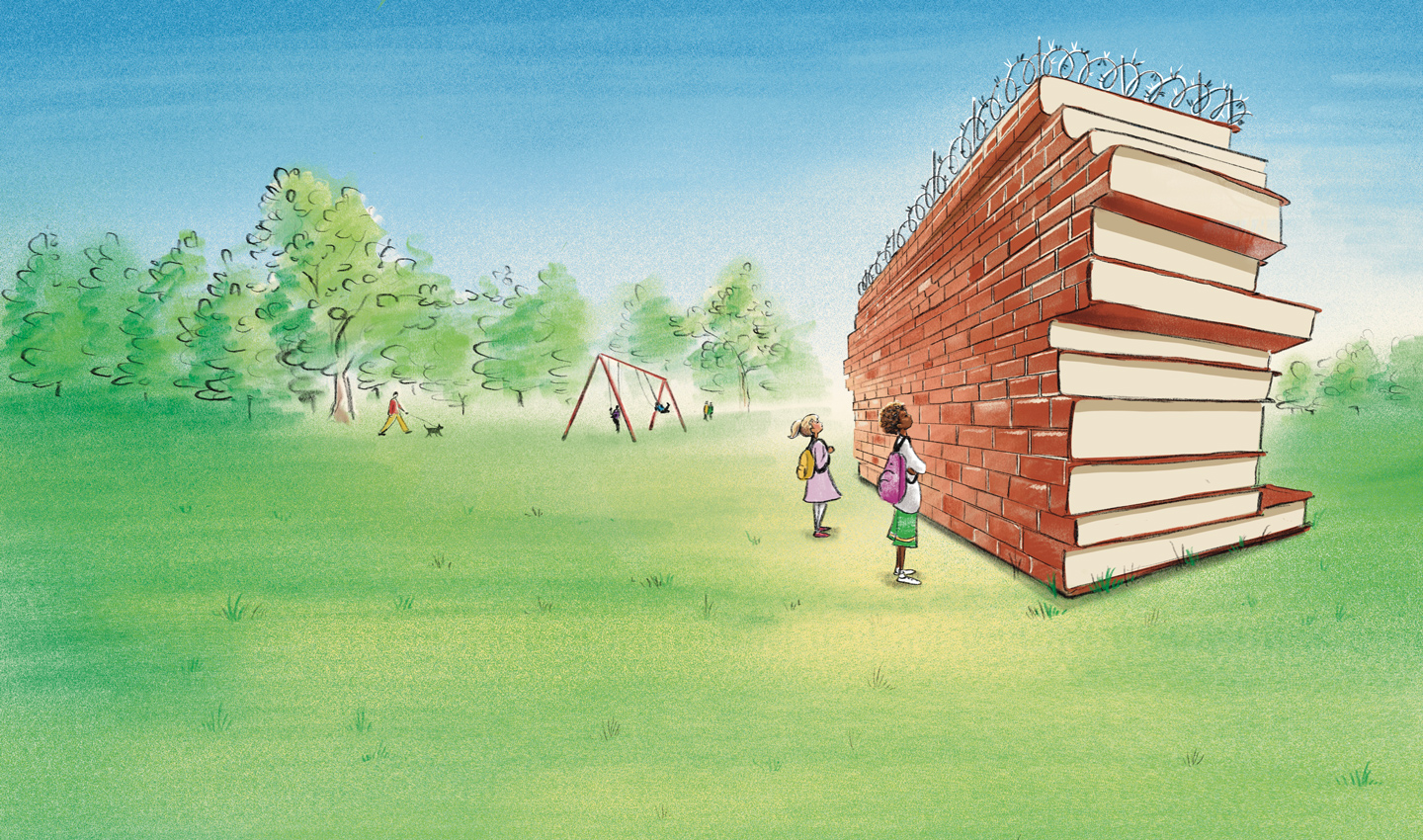Within a few weeks of its launch in April 2022, Books Unbanned went viral. Amid growing censorship campaigns, the initiative, which offers any teenager or young adult in the U.S. a library card granting free access to Brooklyn Public Library’s digital collections, was flooded with hundreds of applications a day.
Amy Mikel, MLIS ’12, director of customer experience at Brooklyn Public Library, was helping to process applications, which include a question for the young readers about the impacts of censorship.
“I started sitting with the weight of these stories, thinking that we have a responsibility to figure out what to do with them because they were incredible,” she said.
The Brooklyn library, joined by the Seattle Public Library, enlisted the help of online Master of Library and Information Science students Marissa Fischer, Meghan Foulk, Danette Jasper and Jessica Roellig to find a way to synthesize and share these stories. The Information School Capstone team analyzed a sample of 855 stories out of the nearly 10,000 submitted to both libraries, extracted common themes, created a tagging taxonomy, and in collaboration with the libraries, drafted the recently published report In Their Own Words: Youth Voices on Books Unbanned.
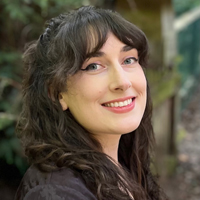
These testimonials constitute an archive of how the recent climate of censorship and book banning overlaps with and exacerbates existing barriers to access for teen readers, Roellig said. “It’s easy to feel powerless in the face of the immense backlash happening right now, so it is really important to have this example of how those in the library community can directly intervene.”
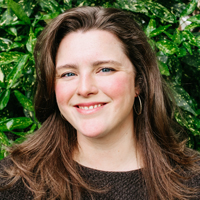
The report’s findings show what hasn’t been captured by headlines or previous reports: Even before recent censorship campaigns, young people did not have equitable access to the books that matter to them. “I was shocked to see how many people are talking about the inability to access libraries,” said Foulk, who resides in Seattle. “Whether it’s through fines or physical geographical distance, it showed that we don’t have equitable library access in the United States.” Furthermore, many libraries are underfunded, meaning they have limited hours and collections, especially digital collections, which are crucial for teens who need privacy to read safely.
More recently, library access has been threatened by politicized and highly networked censorship campaigns that target books featuring LGBTQIA+ and BIPOC writers or characters. Unable to access materials that reflect their identity, young readers who are part of these communities face isolation and mental health issues. Their urgent and poignant stories reveal that they suffer from surveillance and intimidation, which are subtler forms of censorship that can lead to self-censoring.
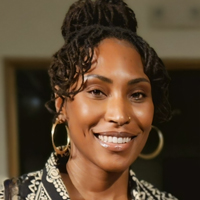
However, being able to access representative materials is critical, said Jasper, who resides outside of Houston. “These narratives aren’t just fictitious stories just created to sell books. These are real-life experiences, some of which I’ve experienced myself as a Black woman, which is why it’s important for me to support this initiative.”
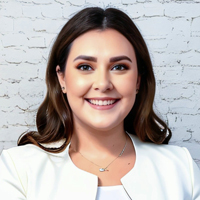
The stories from Books Unbanned cardholders confirm how much young people value their right to read. They seek out titles precisely because those books have been challenged. “It was remarkable to see how passionate these teens are about reading,” said Fischer, who lives in Boise and has seen first-hand how censorship campaigns show up in communities. “They want to make sure that they are represented and their identities are shown in the collections they have access to.”
Young people from all 50 states, the District of Columbia, Puerto Rico and Guam have applied for library cards through Books Unbanned. So far, the program has grown to five member libraries and has issued more than 12,750 cards. And since library card applications will continue to come in, the Capstone team wanted to find a way to steward the stories long term, said Roellig, who lives near San Francisco. “That involves creating a database where the stories are held and helping librarians figure out how they can continue to get insights from them.”
In Their Own Words centers the lived experience of young people to inform library workers, educators, parents, book publishers and potential supporters of the importance of freely and safely accessing books that interest them. The report also seeks to galvanize the public, reminding people that even as news stories might quiet down, book banning and censorship continue to exist and suppress the right to read.
Some of the testimonials, though, were collected as cardholders were returning to request card renewals. “We wanted to make sure the report contained those stories of joy,” said Foulk. “So many kids were saying, ‘I love reading. Thank you for letting me read.’”
